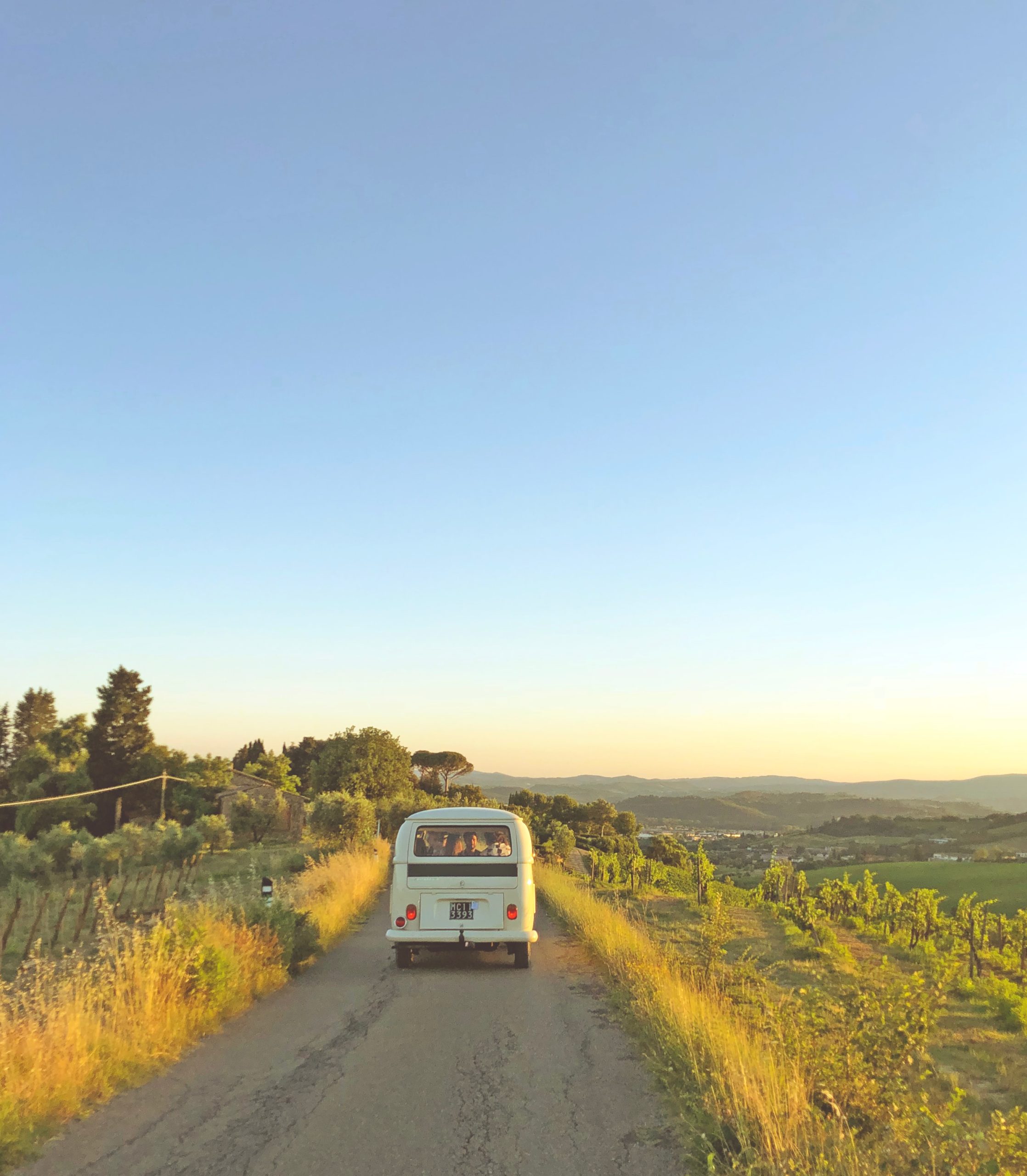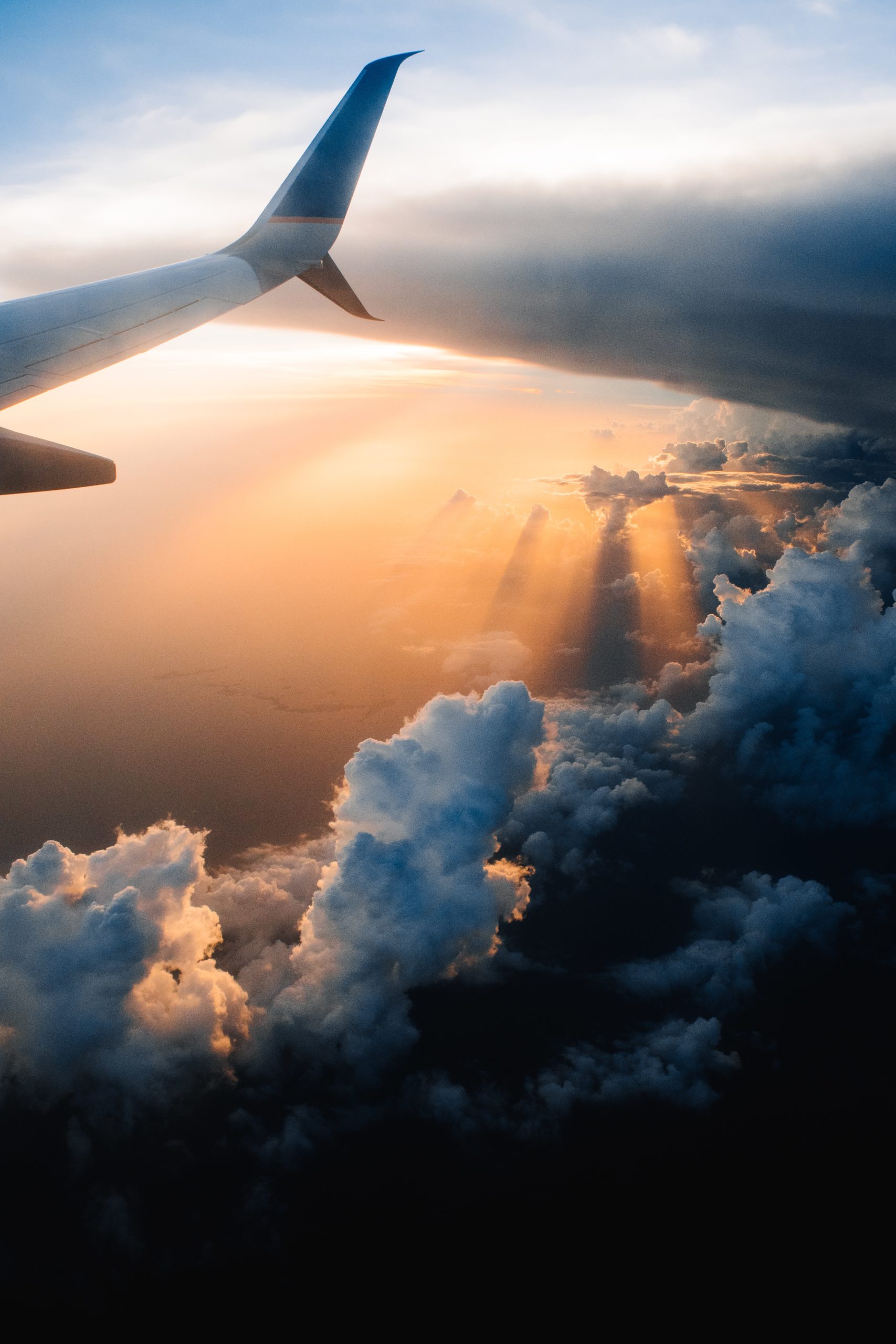
Hi friends! Today we’re talking about travel anxiety. During the last 18 months, we’ve all seen our travel plans severely curtailed. Living through Covid-19 has been difficult for everyone, and a challenge to our physical and mental health. So it’s totally understandable if, post-pandemic, some of us feel a bit apprehensive and anxious about jetting off to far-flung destinations! I’m hoping this post will help to inform and reassure you when you plan your next trip.
What is Travel Anxiety?
Travel anxiety is fear and stress associated with being in unfamiliar surroundings. It can occur when you are traveling, or even when you are planning an upcoming trip. Sometimes it is the result of a negative experience, such as a turbulent flight, or an illness when on holiday. It may be exacerbated by fear of flying or by jet lag, or when you struggle to communicate in a country where you don’t speak the language. The symptoms of this anxiety disorder vary but can include any (or all) of the following:
– Rapid heart rate
– Tightness in your chest
– Shallow breathing
– Struggling for breath
– Diarrhea
– Feeling nauseous
– Panic attacks
– Dry mouth
– Sweating
– Agitation
According to the Anxiety and Depression Association of America (ADDA), anxiety is the most common mental health disorder in the US and nearly 40 million adults (almost 1 in 5 of the population) suffer from anxiety. Travel anxiety disorder can be upsetting, and in a worst-case scenario, debilitating.
A Leap into the Unknown

When we travel, we head off into the unknown. We leave behind our homes, our loved ones, our routines, and our comfort zone. It’s a hugely exciting time! It can also be a little unnerving. Any major change, good or bad, involves some degree of stress. Remember, it’s totally normal if you feel apprehensive about taking that leap.
Prepare for new places by researching the country and area you are planning to visit. Read up on the culture, learn about visitor attractions, familiarize yourself with the cuisine, and if you’re traveling to a non-English speaking country, learn a few phrases in the language.
So How Can We Alleviate Stress Related to Travelling?
If you feel anxious, it’s important to acknowledge your feelings.
Write a list of each scenario you’re afraid of, then write what you can do to prevent it from happening. Whilst you can’t preempt every single situation, you can allay some stress with forward planning.
Plan for Unexpected Problems
Are you worried you’ll get sick when you’re traveling?
Make sure you take out good travel insurance before you go!
Perhaps you’re scared you’ll run out of money?
Keep aside some emergency funds, or carry a spare credit card in case you run short of cash.
I was feeling overwhelmed during a pretty hectic trip which involved two flights, a tuk-tuk ride, and a boat journey in 48 hours! I changed my plans and checked myself into a nice hotel for a couple of nights’ rest and a spa treatment. In a stressful scenario, having those extra funds really helped!
Have Someone you Can Phone in an Emergency
Pick a family member or close friend that you can contact in case of a crisis or if you’re having a panic attack. This should be someone you can ring at any time, day or night, who will be able to calm, comfort, and reassure you over the phone.
Go At Your Own Pace
Wherever you go, aim to travel at your own pace. If you want to take it easy, then do so – you’re not in a competition to see the most sites! Don’t oversaturate yourself in experiences if you don’t feel like it. Fancy a day chilling by the hotel pool instead of going on an excursion? Do it. It’s your vacation.
Make a Mini-Itinerary
Anxiety can occur when we feel we’re not in control. Before you travel to a new destination, schedule the first few days of your trip. Read up on the transport system and plan your journey from your airport/train station to your hotel. If you can, book a cab in advance (your hotel should be able to help you with this). This often works out cheaper (and quicker!) than waiting in line for a cab at the airport or train station.
Check out reviews of good local restaurants and attractions, and create a mini-itinerary for those first few days. You can always ditch your plans spontaneously if you want to. Knowing you’ve done your homework may help ease your travel anxiety.
Use Relaxation Techniques
Learn a relaxation technique. Deep breathing exercises, mediation, and mindfulness are all calming and beneficial for our mental health. Practice relaxation in the weeks leading up to your trip.
Consider distraction techniques such as visualisation, or wearing an elastic band on your wrist, which you can ‘ping’ when you are stressed.
Prepare for Air Travel
Many travelers have a fear of flying. If this is an issue for you, it may help to read up on the stats. Research by the International Civil Aviation Organisation states that flying is one of the safest ways to travel! Remember that millions of people fly safely every day. Pilots are experts, with thousands of hours’ flying time under their belts.
Give Yourself Distractions
If you have a fear of flying or a condition such as agoraphobia (fear of enclosed spaces) make sure you board your flight with plenty of pleasurable distractions to keep you busy. Listen to your favorite tunes, watch a fun movie, or read a book (nothing too stressful, we’re talking light!). Do a crossword, or even sleep (pack earplugs and an eye mask).
Join a Traveler’s Community
Traveling alone is wonderfully empowering but it can also be stressful, especially if you’re a first-timer. If you can’t convince a good friend to join you on your trip, why not join a supportive online travelers’ community? Two popular forums are Girls Love Travel and Nomadness Travel Tribe.
Look After Your Body!
Alcohol, sugar, energy drinks, and caffeine can all increase anxiety. If you skip regular meals and don’t hydrate enough, you could be at risk of low blood sugar (hypoglycemia). Symptoms include anxiety, a rapid heartbeat, headaches, and shakiness. So make sure that you eat decent meals at regular intervals, and drink plenty of water when you’re on the move.
Remember anxiety and excitement are similar bedfellows in how they make your body react. So if your heart is beating a little faster than normal, and you feel short of breath, this could be your reaction to the novelty of a new destination or experience.
Seek Professional Healthcare Advice
If your symptoms do not improve, seek medical advice from your mental health professional about established treatments for anxiety disorders, such as Cognitive Behavioural Therapy.
Remember Why You Travel
When we travel we embrace the new. We meet people and enjoy new experiences in unfamiliar places. New, positive experiences bring color to our daily life, they energize us! So take a moment to remind yourself WHY you travel. What awesome, life-affirming adventures are waiting for you on your next trip?
Wishing you all safe and happy travels!

Leave a Reply